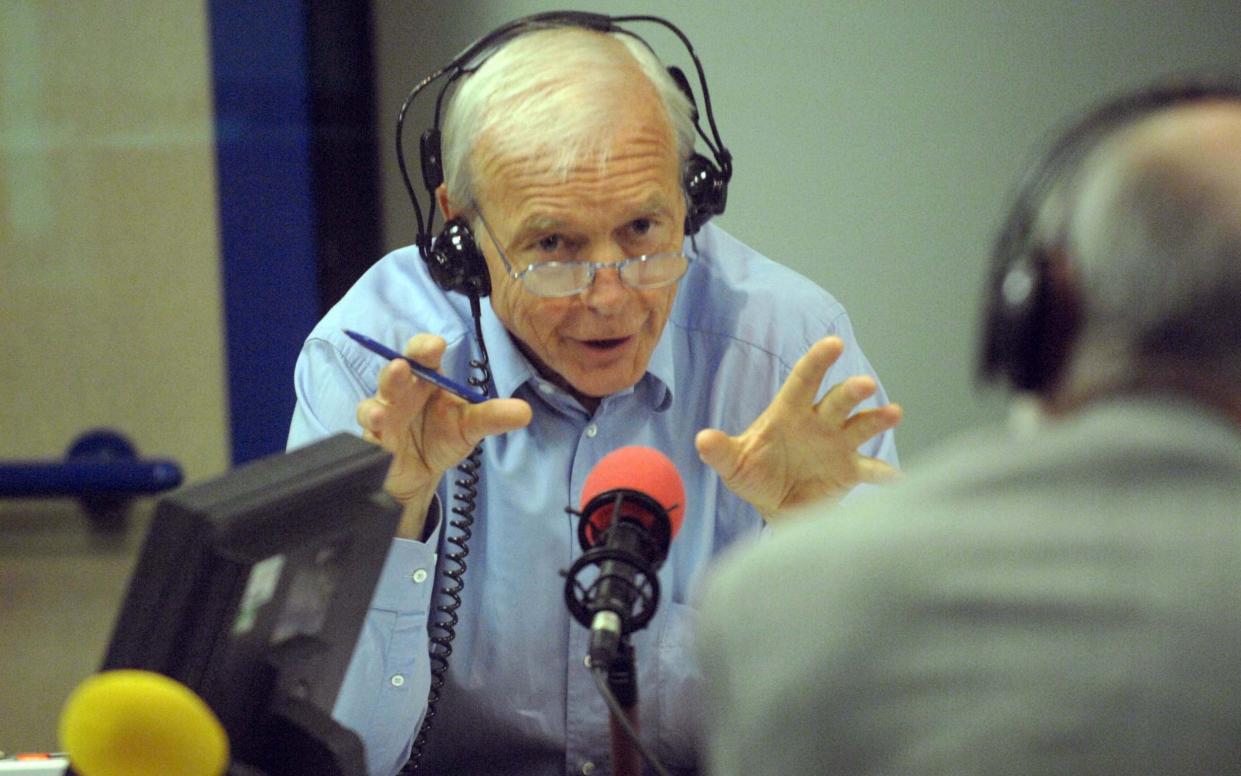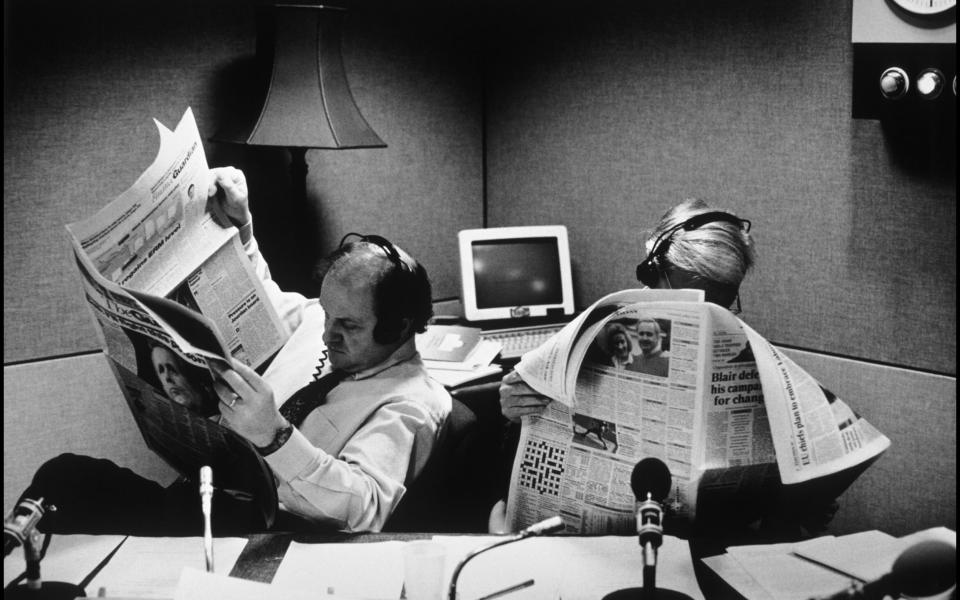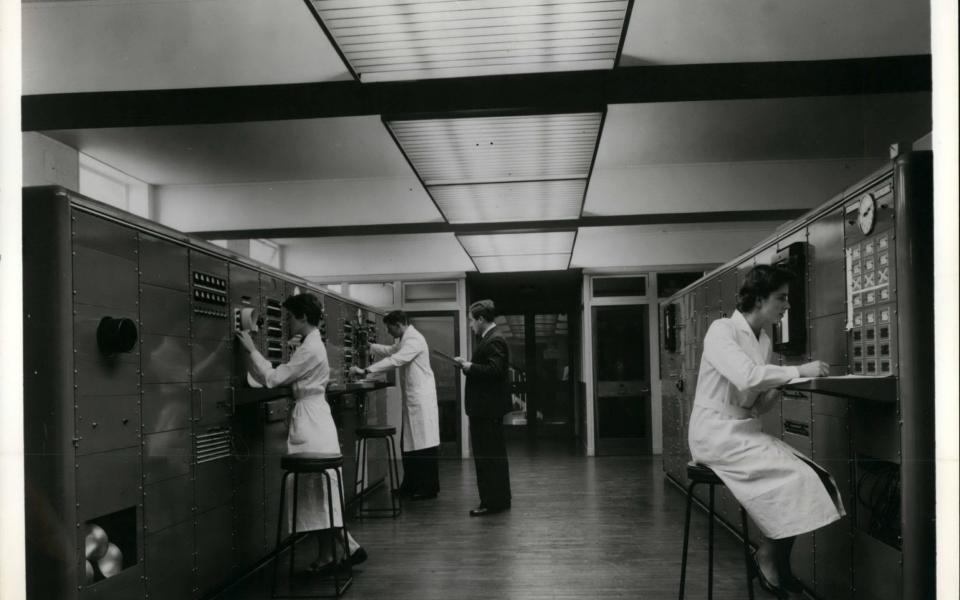John Humphrys: Why the BBC’s pips are the bane of careless presenters

The pips are unique. The six short tones (also known as the Greenwich Time Signal) that mark the start of each hour – designed by John Reith and Frank Watson Dyson, the then astronomer royal, and first heard on February 5 1924 – have now been broadcast by the BBC around the world for a century. We all love them. Well... nearly all.
The exceptions inhabit one small corner of the great BBC empire: the Radio 4 programme broadcast between six and nine in the morning, which I had the privilege (and often pleasure) of presenting for the best part of 33 years.
For Today presenters, the pips are the equivalent of a traffic policeman to whom drivers pay no regard unless they do something really stupid or careless. The punishment is that the “something stupid” will be spotted by millions.
The offence is called “crashing the pips”. But you probably knew that. Lord knows you’ll have heard it happen often enough. Sometimes I was the offender.
The first time took me back to my five-year-old self in Splott infants’ school, when Miss told me off for banging my desk lid up and down instead of “paying attention”. And that’s true of the pips, too. Paying attention to the clock is more than important: it’s vital.

The pips are the one and only certainty in the three hours the programme is on the air. Their timing never fluctuates. Ever. They begin five seconds before the hour, with the sixth and final pip on the hour itself. So it follows, as night follows day, that the presenter must shut up and make sure their interviewee shuts up, too. If they don’t, the pips will sound anyway and wipe them off the air, even in mid-sentence.
Mostly it happens because the presenter gets carried away with the interview and stops watching the clock or listening to the producer bawling into their headphones.
On very rare occasions, it pains me to report, it has been known for an experienced presenter to “weaponise” the pips in order to sabotage a new colleague – but only if that colleague was deemed to have been recruited for their fame and showbiz appeal rather than their experience and proven interviewing ability. You might call it sour grapes.
I remember one such occasion. How, we wondered, would the presenter chosen to partner the famous celebrity on their first appearance display their disdain?
The consensus we arrived at? Make the famous person crash the pips.
And so it proved.
The famous person did not last long.
But the pips survived. They always do.

When they failed to sound in 2011, there wasn’t exactly panic in the streets, but the story made the front page of this distinguished organ, and various conspiracy theories did the rounds. It was, of course, merely a technical glitch.
There was some concern, too, when in 1972 the last pip was lengthened from one-10th of a second to half a second. Sacrilege, some said. They were wrong. If the pips are about anything, they are about accuracy.
They are generated from an atomic clock, but even the most accurate timepiece on the planet can do nothing about the rotation of the Earth, and the boffins decided its irregularities demanded one long final pip.
But they’re not just about accuracy. They are something we can trust. Something we can rely on, in an unreliable world.
Over the years, most of the world’s broadcasters have abandoned their time signals – Australia’s ABC is the latest – but it is surely inconceivable that the BBC will do the same.
Yes, it would give programme schedulers more flexibility and cause Today presenters to curse under their breath a little less, but the pips aren’t only a broadcasting convenience, or a globally recognised symbol, or a link with history.
We trust the symbolism of the pips. And we want them to continue broadcasting for another century. At least I do.
Do We Still Need the Pips? is on Radio 4 at 9pm on Monday

